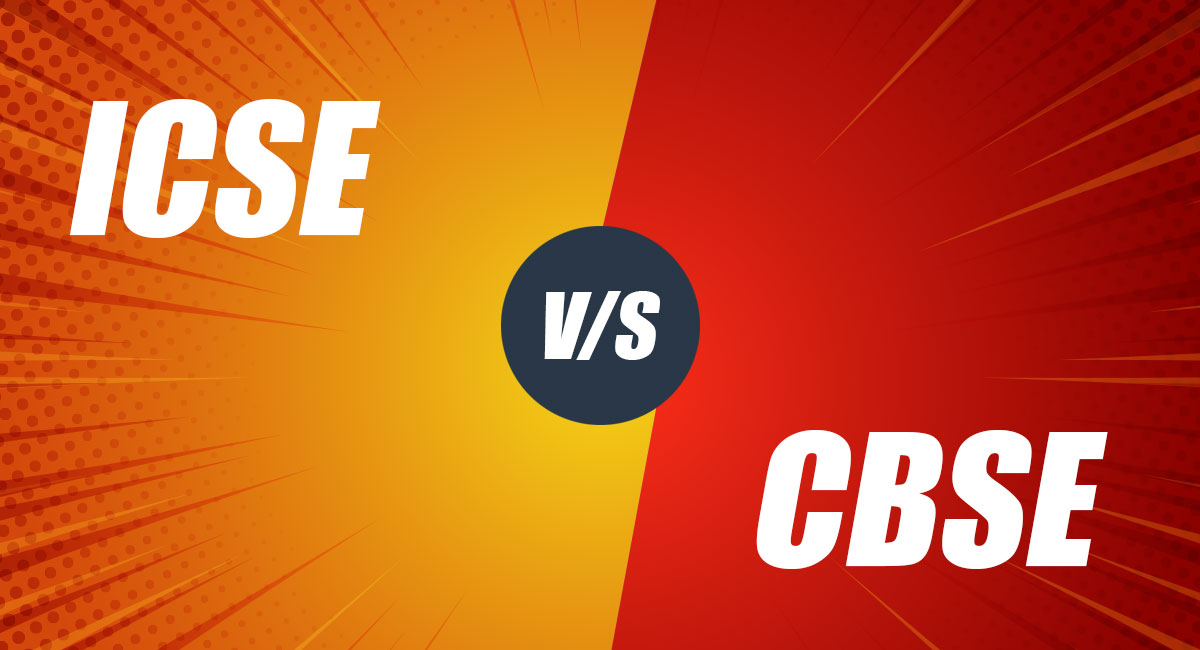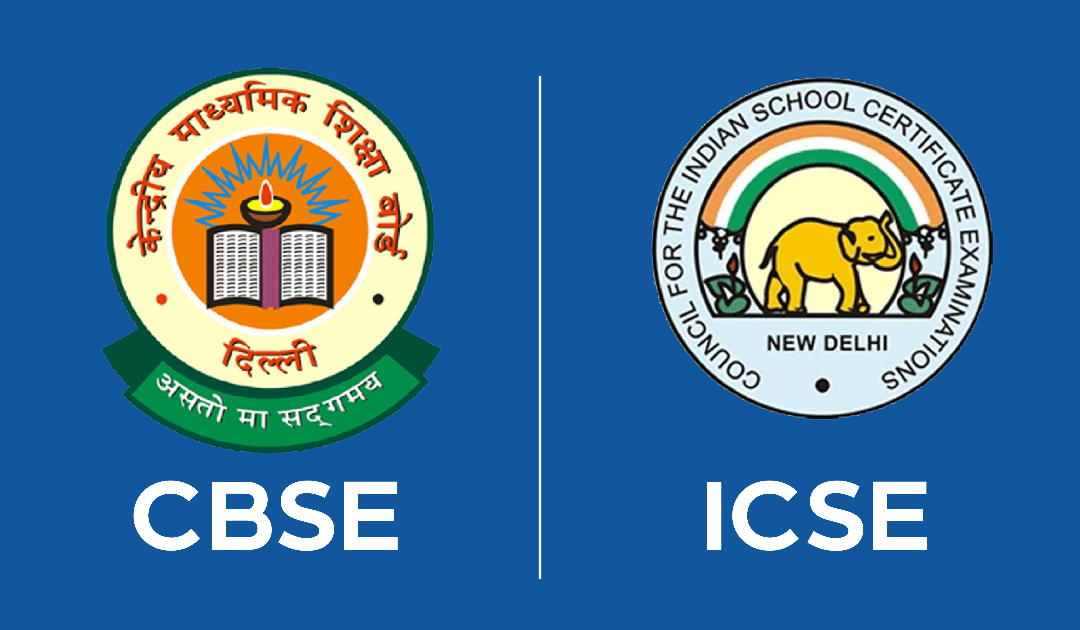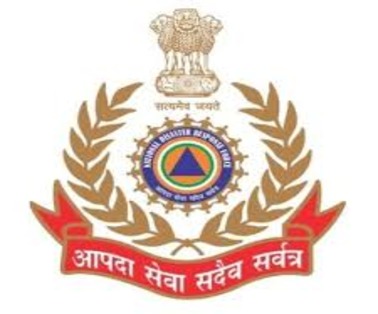“Confused between CBSE and ICSE for your child’s education? This comprehensive guide breaks down the key differences in curriculum, exam patterns, teaching methodologies, and global recognition to help you make the best choice for your child’s future.”
Introduction:
Education is one of the most critical foundations for a child’s development. In India, parents often face a significant dilemma when choosing the right educational board for their children. Among the most popular and sought-after boards are the Central Board of Secondary Education (CBSE) and the Indian Certificate of Secondary Education (ICSE). While both boards offer high standards of education, they differ in curriculum structure, assessment methods, and overall approach to learning. Choosing between the two can shape your child’s academic journey and career prospects.
In this detailed blog, we’ll explore the factors you should consider when deciding between CBSE and ICSE. We’ll break down the advantages and disadvantages of each board, offering insights into their teaching styles, exam patterns, and scope for higher education, both in India and abroad.
1. Curriculum Structure: Depth vs Breadth
CBSE: Focused and Standardized Learning
CBSE’s curriculum is known for its structured approach to education. The board follows a streamlined syllabus that is often regarded as easier to grasp because of its focus on core subjects. With a standardized approach across schools affiliated with CBSE, students experience less variability in teaching methods.
Key Points:
Subject Focus:Primarily emphasizes science and mathematics, which makes it ideal for students interested in engineering and medical fields.
Objective-Oriented: The syllabus is designed to prepare students for competitive exams such as JEE (for engineering) and NEET (for medical).
National Curriculum Framework: As CBSE is recognized across India, it is consistent with the National Curriculum Framework, providing uniformity in education nationwide.
ICSE: Comprehensive and Holistic Learning
ICSE, managed by the Council for the Indian School Certificate Examinations (CISCE), offers a more detailed and expansive syllabus compared to CBSE. The board covers a wide range of subjects, placing emphasis on literature, arts, and language, along with core scientific subjects.
Key Points:
Subject Variety: ICSE offers a wider variety of subjects, with equal importance given to languages, arts, science, and humanities.
In-Depth Knowledge: The syllabus goes into greater detail, offering a deeper understanding of concepts, making it suitable for students who wish to pursue diverse academic interests.
Balanced Education: The curriculum balances theoretical knowledge with practical learning, ensuring an all-rounded education.

2. Exam Patterns: Conceptual Understanding vs. Rote Learning
CBSE: Exam-Oriented and Scoring Focus
The CBSE exam pattern is primarily focused on objective questions and straightforward answers. The assessments lean towards memorization and problem-solving, which can sometimes encourage rote learning over conceptual understanding.
Key Points:
MCQs and Theory: Exams are structured to test students’ ability to recall information and apply basic concepts through multiple-choice questions (MCQs) and theoretical answers.
Competitive Exams: The focus on core subjects like math and science aligns closely with the format of national competitive exams like JEE and NEET.
Scoring Advantage: The straightforward marking scheme often makes it easier for students to score higher, which can be an advantage when applying to colleges in India.
ICSE: Conceptual and Analytical Approach
ICSE exams, on the other hand, emphasize a deeper understanding of the subject matter. The exams encourage analytical thinking and comprehensive writing skills, making students think critically and logically about the topics at hand.
Key Points:
Descriptive and Application-Based: The exams include long-form questions that require descriptive answers, focusing more on a student’s ability to apply knowledge rather than simply recall facts.
Language Skills: The exam pattern lays significant emphasis on English, both in terms of literature and grammar, which can enhance communication skills—crucial for future professional and academic prospects.
Holistic Development: The broader range of subjects and project work ensures that students develop well-rounded skills.
3. Teaching Methodology: Skill Development vs. Subject Mastery
CBSE: Skill-Based Education
CBSE’s teaching methodology encourages students to develop specific skills related to science, technology, and mathematics. The emphasis is on understanding foundational concepts, making it easier for students to prepare for competitive exams and higher studies in technical fields.
Key Points:
Conceptual Clarity: The board promotes learning based on NCERT textbooks, which aim to build a solid understanding of basic concepts.
Standardization: Because of the centralized nature of CBSE, there is a standard teaching methodology across schools.
Skill Development: The teaching approach often includes practical applications, focusing on analytical and problem-solving skills.
ICSE: Holistic and Multidimensional Learning
ICSE promotes a broader teaching methodology that integrates critical thinking, creative skills, and communication. The board offers a balanced approach that emphasizes both academic and co-curricular activities, encouraging students to explore different areas of knowledge.
Key Points:
Multidisciplinary Approach: ICSE schools often use varied teaching methods, including project-based learning, presentations, and research, encouraging independent thought and inquiry.
Creative Expression: The board places a high value on language proficiency and creative expression, which can help students excel in fields like media, humanities, and arts.
Practical Knowledge: The teaching style includes a blend of theoretical understanding and practical application, making students well-rounded in their learning approach.
4. Recognition and Global Acceptance
CBSE: Widely Recognized in India
CBSE is one of the most widely recognized education boards in India. The curriculum is aligned with the requirements of national-level competitive exams, making it ideal for students aiming to pursue higher education in India.
Key Points:
Government Schools and Competitive Exams: Most government-run schools in India follow the CBSE syllabus, and it is the preferred choice for students preparing for Indian competitive exams.Reputation in India: The board is well-recognized by Indian universities, making the transition to higher education smoother.
Indian Institutions: CBSE students often find it easier to gain admission into top-tier Indian institutions.
ICSE: Globally Recognized
ICSE’s detailed syllabus and emphasis on the English language make it a highly recognized board on a global scale. ICSE certification is often more valued by international universities, especially those in the UK, USA, and other English-speaking countries.
Key Points:
Global Acceptance: ICSE students have an edge when applying to international universities, thanks to their strong command over English and diverse subject knowledge.
Higher Academic Rigor: The in-depth syllabus of ICSE is often regarded as rigorous, and students are seen as more prepared for higher academic challenges, especially in liberal arts and humanities.
Reputation Abroad: International schools and universities tend to recognize ICSE certification more than CBSE, particularly for courses in arts, humanities, and social sciences.
5. Co-Curricular and Extra-Curricular Activities
CBSE: Emphasis on Academics
CBSE schools tend to emphasize academics more than co-curricular activities. While sports and arts are encouraged, the board is traditionally known for being academically focused, with a larger emphasis on subjects like mathematics and science.
Key Points:
Sports and Competitions: CBSE offers inter-school competitions and has programs for sports and other activities, but they are often secondary to academic achievement.
Balanced Participation: CBSE students may have opportunities to participate in extracurricular activities, but the focus remains predominantly on academics.
ICSE: Balanced Focus on Academics and Extra-Curriculars
ICSE schools, in contrast, provide ample opportunities for students to engage in a variety of extra-curricular activities, ranging from sports to arts, drama, and debates. These activities are integrated into the curriculum to promote holistic development.
Key Points:
Creative Arts and Sports: ICSE schools often encourage participation in creative fields like music, dance, art, and theater, alongside sports, which helps students develop a range of skills.
All-Round Development: The balanced curriculum helps in the overall growth of students, nurturing their talents beyond just academics.
6. Flexibility and Subject Choices
CBSE: Limited Flexibility in Subject Selection
CBSE tends to have fewer subject choices compared to ICSE, particularly in higher grades. The curriculum is more structured, focusing primarily on core subjects like physics, chemistry, biology, and mathematics.
Key Points:
Fixed Streams: In higher classes, CBSE students usually have to choose between predefined streams such as Science, Commerce, and Humanities.
Fewer Electives: While elective options are available, they are limited compared to the wide array of subjects in ICSE.
ICSE: Wide Range of Subject Choices
One of ICSE’s key advantages is the wide range of subjects students can choose from, allowing for greater flexibility and the ability to tailor their education to their interests and career aspirations.
Key Points:
Elective Freedom: Students can select from a variety of subjects in science, commerce, humanities, and the arts.
Flexibility for Careers: The diverse subject choices make ICSE ideal for students looking to explore different career paths, be it in engineering, law, media, or the arts.
7. Conclusion: CBSE or ICSE – Which is Better?
When choosing between CBSE and ICSE, it’s essential to consider your child’s interests, career aspirations, and learning style. If your child is inclined toward science and technology and intends to pursue competitive exams like JEE or NEET, then CBSE may be a more suitable option. However, if your child thrives on in-depth, holistic learning and has diverse academic interests ranging from the humanities to arts and languages, ICSE may offer a more balanced and fulfilling academic experience.
Both boards have their own set of strengths, and the best decision depends on your child’s needs and your long-term educational goals. Whichever board you choose, remember that a supportive and stimulating learning
Disclaimer:
The information provided in this blog is for general informational purposes only and is based on publicly available data. While every effort has been made to ensure accuracy, educational boards may update their policies and curriculum over time. It is advised to consult official sources or speak directly with schools for the most up-to-date and specific information regarding CBSE and ICSE boards. The views expressed in this blog are subjective and should not be taken as definitive guidance for individual educational decisions.




